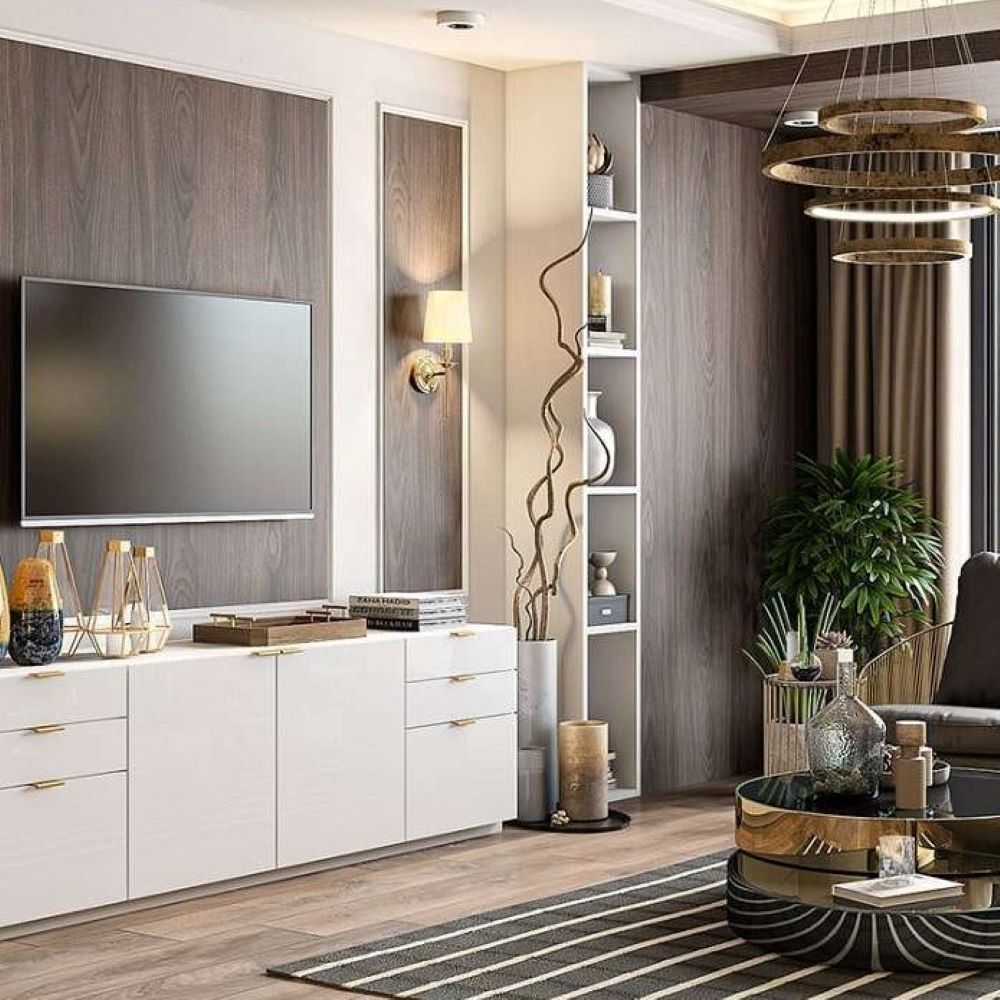Step One: Identify your style and know your needs
This is possibly the most important step. You will need to understand your own style much before you start finding for an interior designer. Google searches can help you in deciding what you like. But be aware that these images you like are only a sample. Your home and needs are very different. Make a list of your needs, wants and priorities. Google cannot replace the skills of an interior designer. Many interior design consultants have their own signature style, although the really good ones should be able to adapt to your own preferences. They will be able to custom design your project rather than use a copy-paste approach.
Step Two: Set a budget
It’s your project and it’s your pocket too! Whatever you budget may be, you must be very-very clear about it. There is always a comfortable budget and a stretched budget, and you must know your truth well before you start. You could be on a tight budget or just trying to be reasonable or may be willing to splurge, but the fact remains that you need to be clear about the depth of your pocket.
Match your needs to your budgets, and do a self-analysis. Be sure that you have set realistic expectations from your designer and execution teams. You will need this decision while selecting your designer, as you will choose accordingly. Good things come at a price and so does a good designer.
Step Three: Take a look at some online portfolios
Once you have understood what your style preference is, the next logical step is to shortlist a few designers whose work portfolio seems promising and matches your needs. See what they’ve created and try to imagine yourself living in those spaces. A good design firm or interior designer usually has online presence with enough details about who they are, what they do and how they work. It is best to understand the details direct from their website and check for their credentials by way of online testimonials and reviews.
Remember, you cannot judge the designer by just the projects showcased. Each project is usually a result of clients own choices, their budgets and inputs given to the designer. A lot depends on the budget flexibility given to the designer. Once you have clarified your doubts and made up your mind, it’s time to connect with the designer.
Step Four: Meet with designers
Once you’ve narrowed down your choices to just a few names, it’s time to meet face to face. Don’t just make a phone call to ask for what rates they charge. The best interior design consultant is one who takes his profession seriously. Just knowing their fees cannot be the right measure of their skill set or of your choice. The designer may have a different working style or different value-addition proposition. What may look expensive may actually prove very reasonable in the long run. Most designers don’t charge for these sessions but it would be good to ask about that over the phone just in case. When you meet face-to-face, it is one good opportunity to find your compatibility and frequency match.
Step Five: Ask questions
During this meeting session, make yourself clear about the services the designer will provide, the costs, the duration of the project and anything else you can think of. Think of specifics and put everything down on paper so you don’t forget anything.
Step Six: Have an open mind
It’s very rare for a client to love everything about a designer. Even if your styles are about the same, you may not click when it comes to certain details. Keep an open mind and don’t dismiss the designer’s suggestions without giving the idea a chance. But make sure he or she is not trying to force you into following those suggestions just because it’s simpler and more comfortable that way, but you must be ready to welcome the suggestions with an open mind. Remember, you have gone to a designer because he is professional in the field and you are not. The designer cannot be teaching you all details so TRUST is the keyword.
Step Seven: Compare notes
After meeting with all the designers on your list, compare the notes you have made. Compare the design cost and make a list of pros and cons. Keep in mind that going with the cheaper option is not always the best choice. A designer may be comparatively expensive but may bring in more value to your project. Usually if your interior design consultant is a true professional you will end up saving money on your entire project.
Step Eight: Sign a contract
Once you’ve decided who you want to work with, make the call and let the designer know about your choice. Before any work is done and before you pay anything, make sure you sign a contract. Good design firms usually have a pre-set contract with detailed terms and conditions. It specifies responsibilities, a timeline, budgetary limits and all the important aspects.
Once you are through with this exercise, simply follow a professional approach to your project.
The best Interior Designer is one who has a methodical approach to handle his projects and takes care of client needs in his design process.


No Comments